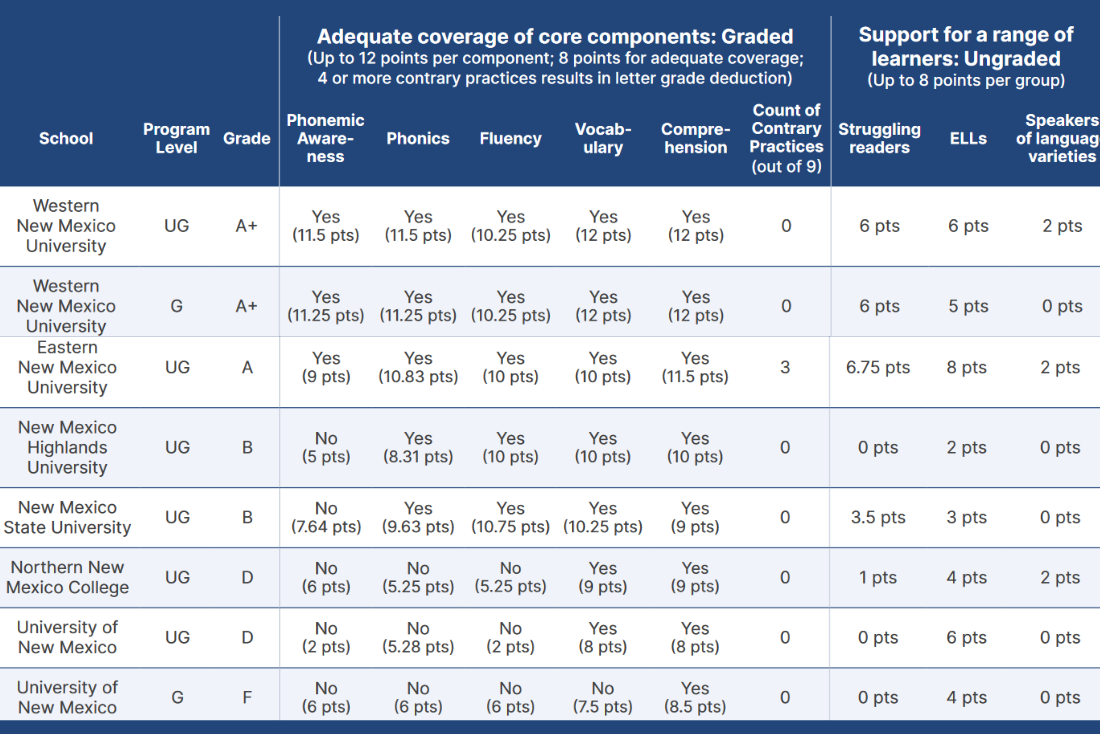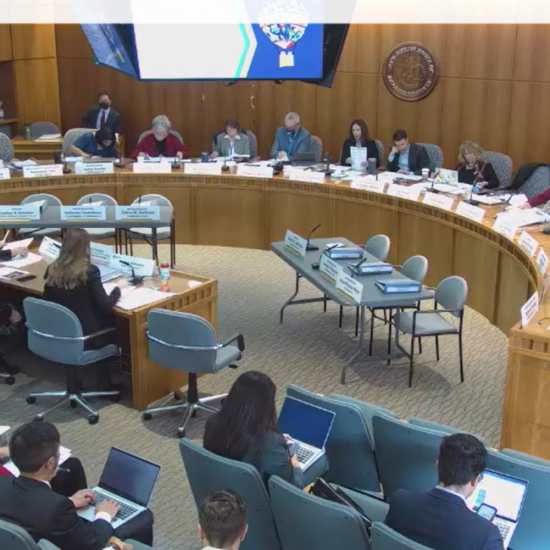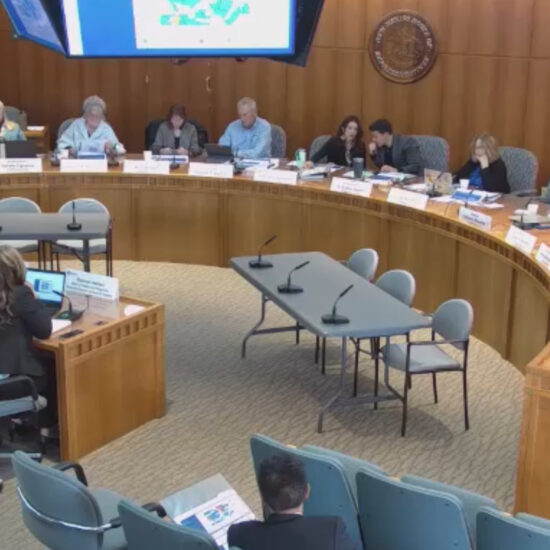
Some of New Mexico’s teacher preparation programs have shown promising results in the area of teaching effective reading instruction, a review of data conducted by the National Council on Teacher Quality found.
But the University of New Mexico, the state’s flagship university, scored the lowest among teacher prep programs in the state for both its undergraduate and graduate programs.
The study, titled Strengthening New Mexico’s Implementation of the Science of Reading through Teacher Preparation highlights the strengths and areas needing improvement within the state’s teacher training programs.
The report evaluated the effectiveness of teacher preparation programs in equipping aspiring teachers with the necessary skills and knowledge to effectively teach reading. NCTQ examined six undergraduate programs and two graduate programs in New Mexico colleges and universities.
University programs were scored based on how well their instruction prepares students to teach reading effectively. Programs were awarded points based on the program’s ability to effectively teach the five core components of scientifically based reading instruction: phonemic awareness, phonics, fluency, vocabulary, and comprehension. Each category was worth up to 12 points, programs that earned an eight or above teach the specific component adequately.
The NCTQ assessed programs based on several key factors, including coursework requirements, instructional strategies, and clinical experiences. Points were deducted when programs taught content that is contrary to research-based practices.
Both the undergraduate and the graduate programs at Western New Mexico University earned an A+, this is the only university in the state to earn this grade. Every component in both categories earned more than 10 points.
Eastern New Mexico University’s undergraduate program earned an A, scoring nine points in phonemic awareness and 10 or more points in all other categories. The report found that Eastern New Mexico University teaches learning fundamentals contrary to research-based instruction; the report did not specify which fundamentals are taught this way.
New Mexico Highlands University’s undergraduate program earned a B from the review. The school scored five out of 12 possible points in phonemic awareness; NCTQ found that the school does not offer components specific to this skill. Highlands earned 8.31 points in phonics. The school scored 10 points in each of the other categories.
New Mexico State University’s undergraduate program also earned a B. The school earned 7.64 points in phonemic awareness, NCTQ found NMSU does not have components in place for prospective teachers to learn about phonemic awareness; this was the school’s lowest scoring category. NMSU earned more than nine points in each of the other categories.
Northern New Mexico College’s undergraduate program scored a D in the review, earning only two points in phonemic awareness; 5.25 points in phonics; and 5.25 points in fluency. NNMC scored nine points for their vocabulary and comprehension components.
The University of New Mexico’s undergraduate program earned a D in the review. NCTQ found that UNM lacks courses to adequately prepare teachers in core foundations, with only two points scored in phonemic awareness, 5.28 points in phonics, and two points in fluency. The UNM undergraduate program performed well in its vocabulary and comprehension components, where courses effectively addressed these aspects, earning eight points in both.
The University of New Mexico’s graduate program received an F in the review. NCTQ found that UNM lacks programs to adequately prepare teachers in several core foundations, with scores of six points in phonemic awareness, six points in phonics, 7.5 points in fluency, and 7.5 points in vocabulary. Unlike the undergraduate program, UNM’s graduate program does not include components for vocabulary. However, the school does have a component dedicated to preparing students to teach comprehension skills, UNM scored 8.5 points in this category.
The study also noted that only a small percentage of the programs evaluated offered explicit instruction on how to teach advanced reading skills, which are crucial for students as they progress through higher grade levels. Some programs lacked sufficient clinical experiences that provide aspiring teachers with hands-on practice in applying their reading instruction knowledge and skills in real classroom settings.
To address these areas of improvement, the NCTQ recommends that teacher preparation programs in New Mexico enhance their focus on teaching advanced reading skills and increase opportunities for practical experiences, including structured observations and student teaching in diverse classroom settings.
In a statement, NCTQ wrote, “Literacy is critical for success in school, work, and civic engagement. Research finds that reading failure can be reduced to fewer than one in 10 students when teachers provide scientifically based reading instruction. In the wake of learning loss experienced in the COVID-19 pandemic, now more than ever, we must ensure aspiring teachers are prepared to teach children to read using scientifically based reading instruction.”







